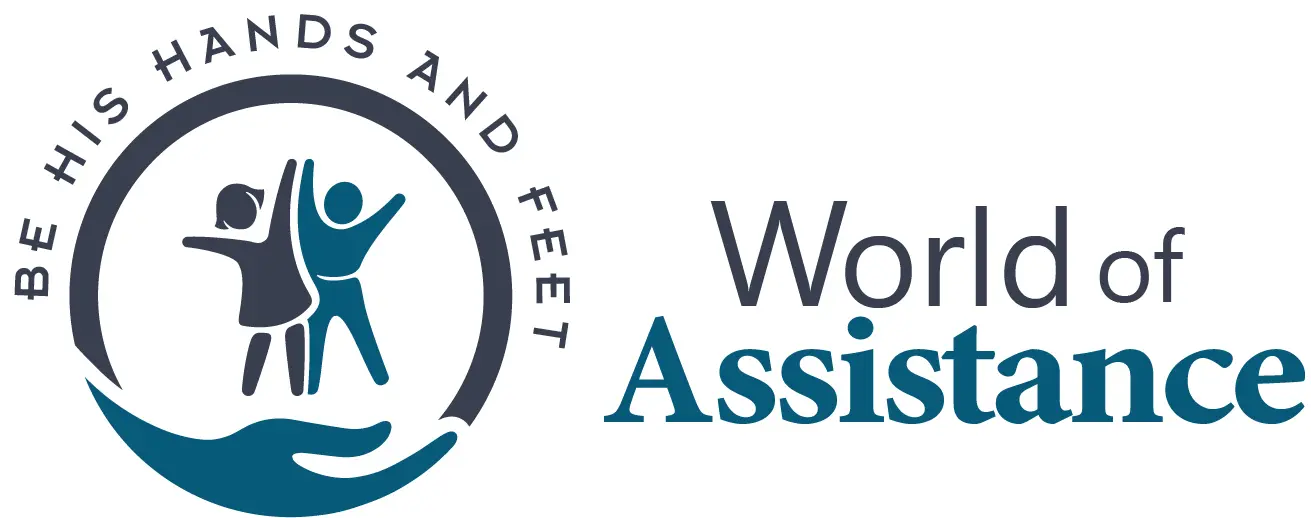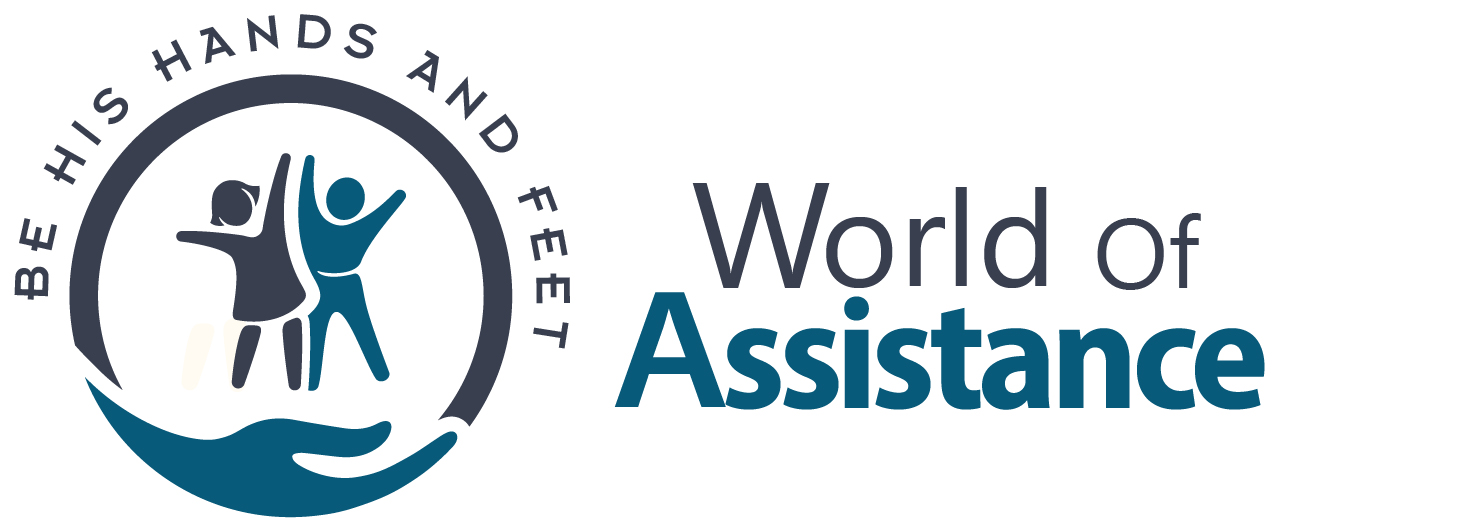Education is a fundamental human right, yet millions of children worldwide, especially in developing countries, are denied access. According to UNESCO, approximately 244 million children and youth are out of school globally, with the majority residing in low-income and conflict-affected regions. In sub-Saharan Africa, one in five children is not enrolled in school. Conflict, poverty, and systemic inequalities remain significant barriers. In war-torn regions, schools are often targets of violence, leaving children with no safe spaces to learn. Additionally, legal and cultural restrictions in some countries prevent girls from receiving an education, limiting their opportunities and perpetuating cycles of poverty.
Education equips individuals with the knowledge and skills needed to navigate the complexities of life. It enables people to make informed decisions, challenge injustices, and advocate for their rights. In developing regions, education can mean the difference between a life of poverty and one of opportunity. Globally, over 770 million adults lack basic literacy skills, two-thirds of whom are women, limiting their ability to fully participate in society. In sub-Saharan Africa, nearly 90% of children lack basic reading skills by age 10, highlighting the urgent need for improved educational access and quality.
One of the most significant impacts of education is its role in breaking the cycle of poverty. Studies consistently show that access to quality education improves employment opportunities and income potential. According to the World Bank, each additional year of schooling can increase a person’s earnings by up to 10%. In developing countries, this impact is even more pronounced, where access to education can lift entire families and communities out of poverty. Educated individuals are more likely to secure stable jobs, provide for their families, and contribute to their local economies. Furthermore, educated parents are more likely to prioritize their children’s education, creating a positive cycle of growth and opportunity.
Education plays a critical role in promoting social equality and reducing disparities, especially in developing regions where social divides are more pronounced. By providing equal access to learning opportunities, education helps bridge the gap between different social, economic, and cultural groups. It empowers marginalized communities, challenges stereotypes, and fosters a sense of inclusion and acceptance. For example, girls who complete secondary education are six times less likely to be married as children compared to those with little or no education, yet in developing countries, girls are still significantly less likely to attend school.
A well-educated population fuels innovation and drives societal progress. Education encourages creativity, critical thinking, and problem-solving skills, all of which are essential for addressing global challenges. In developing nations, education is key to fostering local solutions to local problems, from sustainable farming practices to healthcare innovations. Research shows that countries investing heavily in education experience faster economic growth and technological advancement, which are essential for reducing dependence on external aid.
The importance of education goes beyond individual success; it contributes to building stronger, more resilient societies. In developing countries, educated citizens are more likely to engage in civic activities, advocate for social justice, and contribute positively to their communities. Education fosters a sense of responsibility and a commitment to creating a better future for all.
In a rapidly changing world, education remains one of the most powerful tools for personal growth, social change, and economic development. Investing in education is not just an investment in individuals but in entire communities and societies. For developing countries, prioritizing education means breaking cycles of poverty, reducing inequalities, and unlocking the potential of millions. It is a beacon of hope, a catalyst for progress, and a bridge to a better world. Every effort to make education accessible and inclusive brings us one step closer to a more just, equitable, and prosperous future.


